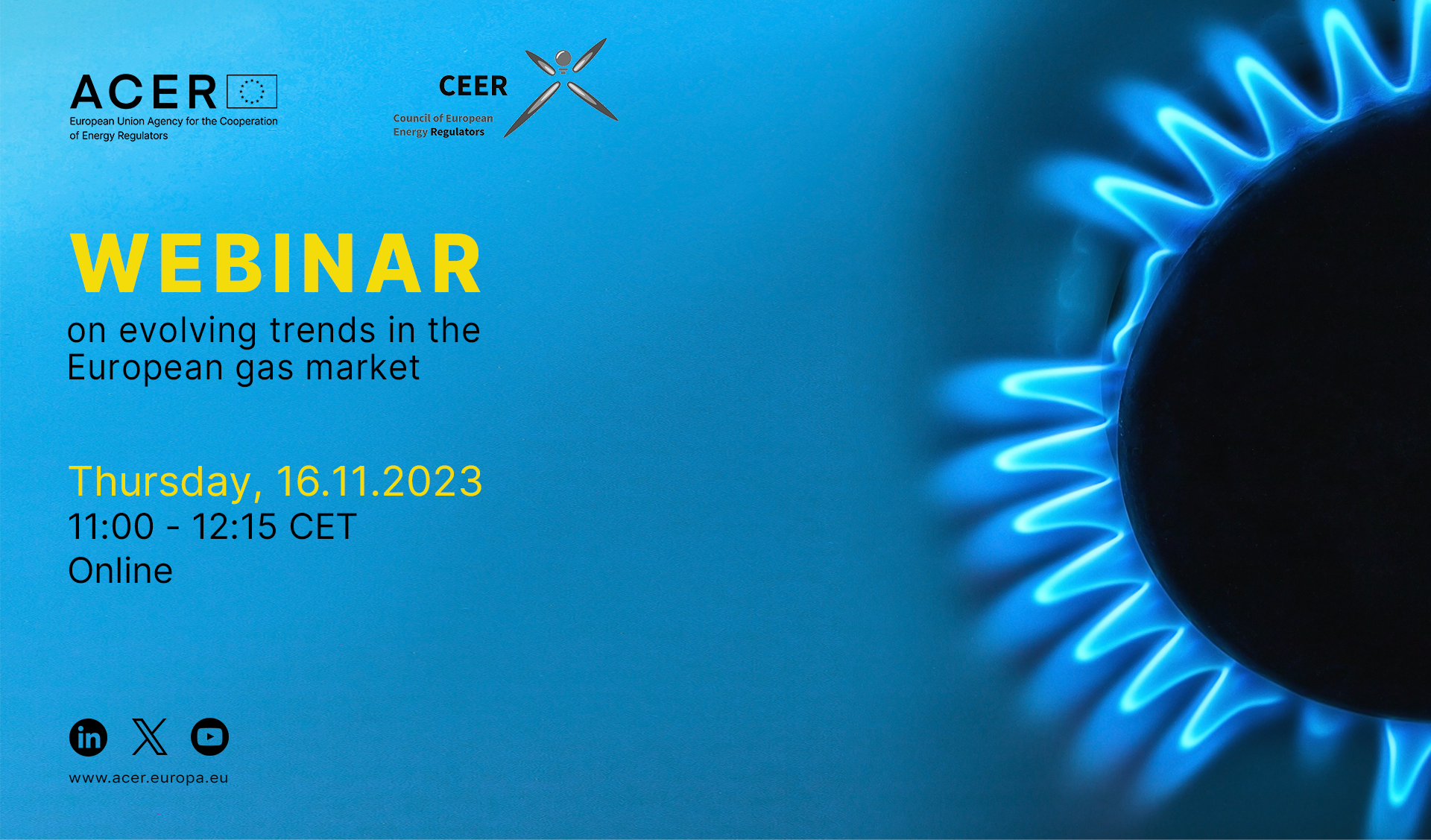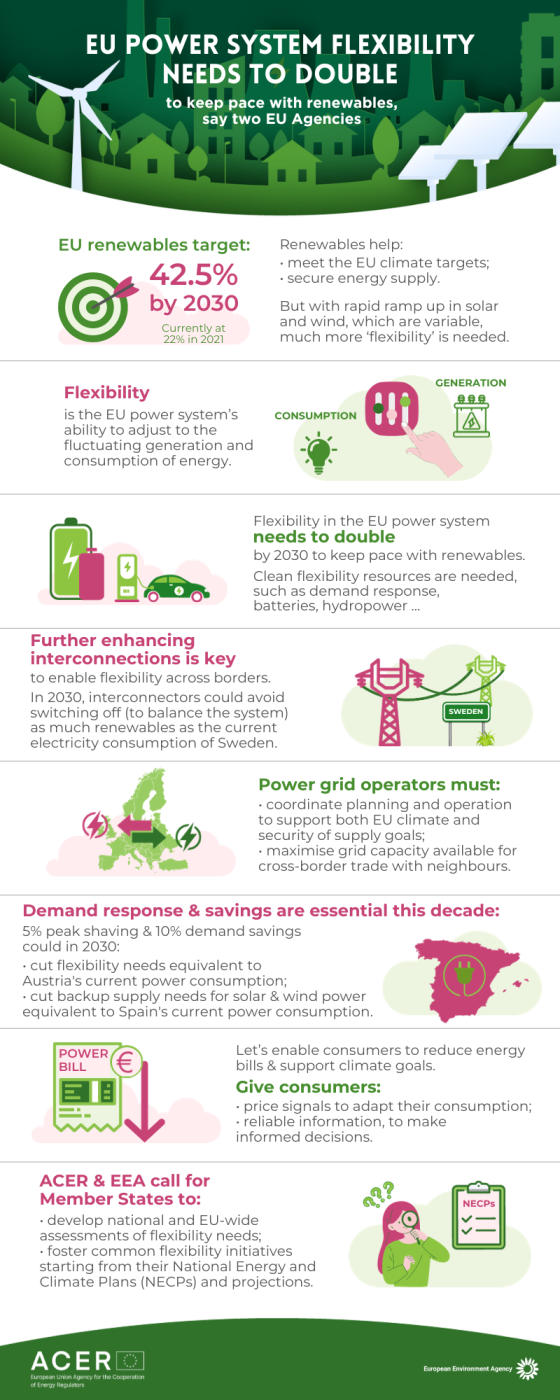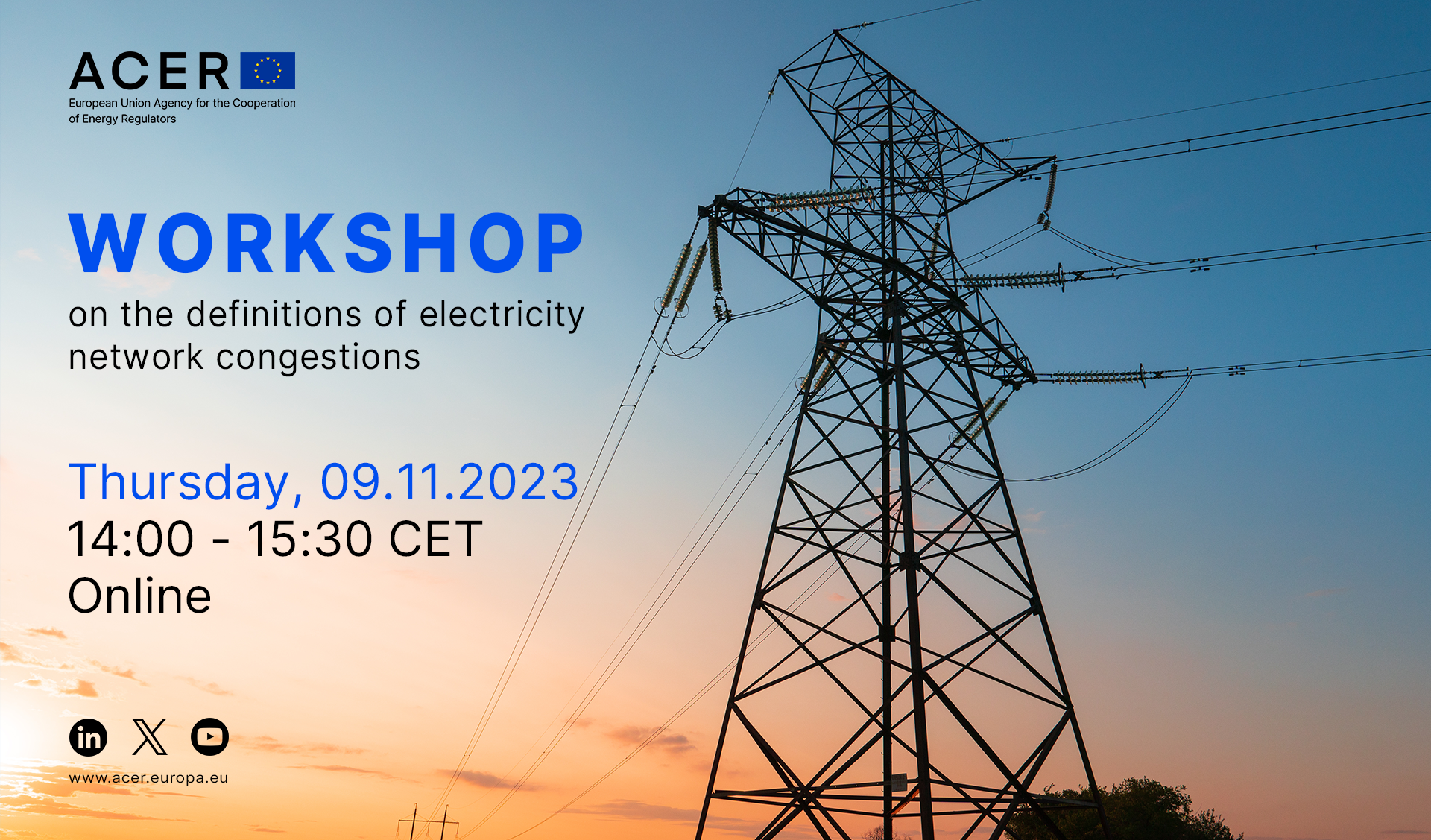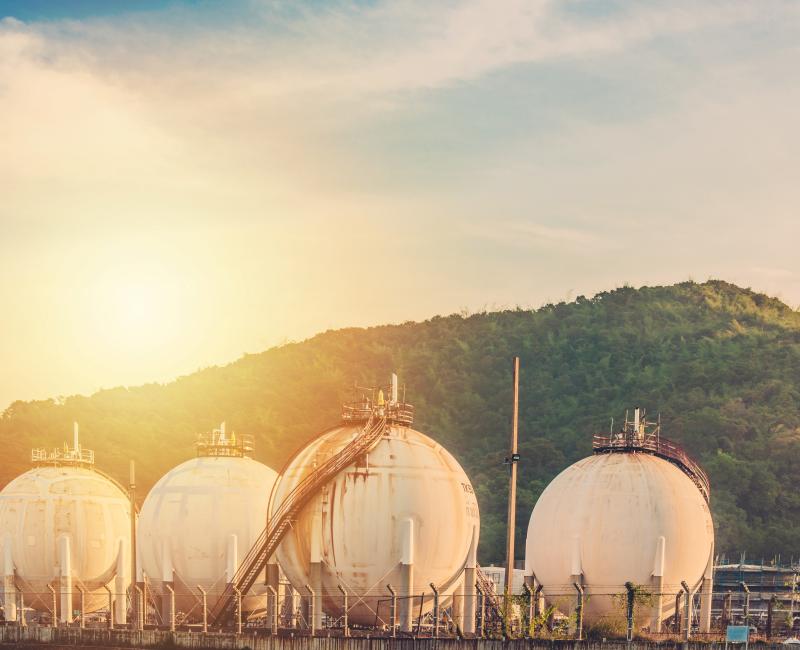Regulators' monitoring identifies enduring impacts from the disruption of Russian gas
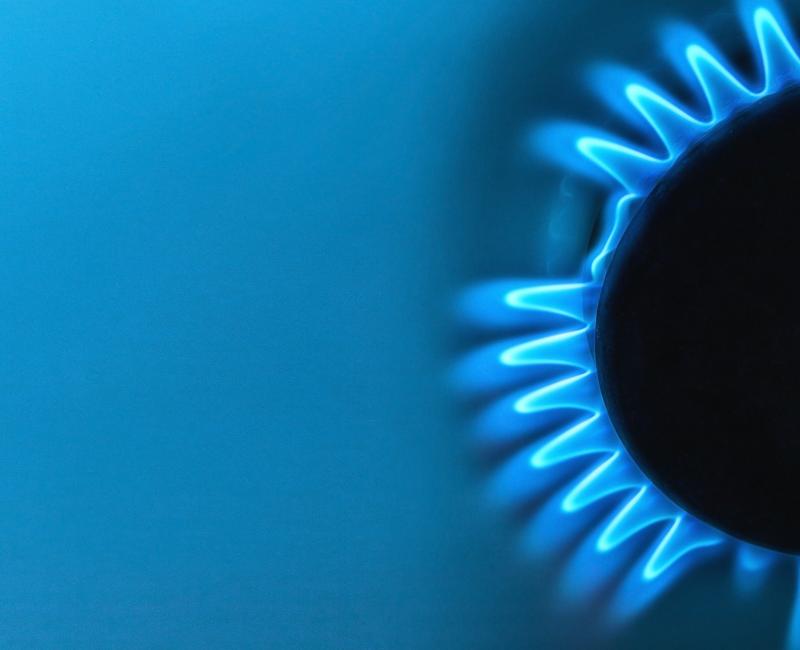
Regulators' monitoring identifies enduring impacts from the disruption of Russian gas
What is the report about?
Today the annual report monitoring the internal gas market in 2022 and 2023 is published.
This ACER-CEER report provides an overview of the latest developments in European gas markets and examines the drivers of the gas price spikes in summer 2022. The report draws lessons from the crisis and identifies forward-looking implications to offer strategic perspective for policy makers to make the market more resilient.
What are the key findings and lessons?
- The EU's integrated gas system showed a certain resilience against the energy crisis. Yet, the severe supply shock led to highly congested access to LNG terminals and pipelines, causing price surges, hub price disparities and trading disruptions.
- After the 2022 shock, the European gas market supply and demand balance improved thanks to consistent imports of Liquified Natural Gas (LNG) and a significant decreased gas demand. This resulted in gas prices to trend closer to pre-crisis levels.
- Global gas supply overall is still tight, exposing prices to unexpected developments. China’s LNG demand recovery remains an important influencing factor on EU gas prices going forward.
- The report highlights the lasting impact of the Russian supply shock on the EU energy market and the steps done to overcome the supply dependence. It draws some lessons for the future around the EU gas markets’ future resilience factors: increased EU reliance on LNG; reducing gas demand; revenue redistribution; and the enhanced security of supply role of underground storages.
- European gas prices will be more exposed to global competition and hence will be more volatile.
- The reduction in conventional gas demand shall assist the EU’s decarbonisation goals. Yet, it needs to be done smoothly in order to preserve the economic activity and the security of supply that gas offers to the EU’s energy system.
Also today, the European Securities and Markets Authority (ESMA) publishes its report examining the development of gas trading activity in summer 2022. ESMA analyses reveal a well-maintained trading activity despite a more challenging trading environment.
What’s next?
- Save the date: on 16 November 2023, ACER and CEER are organising a webinar on evolving trends in the European gas market. Register here.
- Early 2024: Analysis of LNG market developments.
Access the ACER-CEER European gas market trends and price drivers report.
Dive into ACER’s interactive dashboard and explore the evolution of price and demand supply metrics for the period 2015 to 2023.
